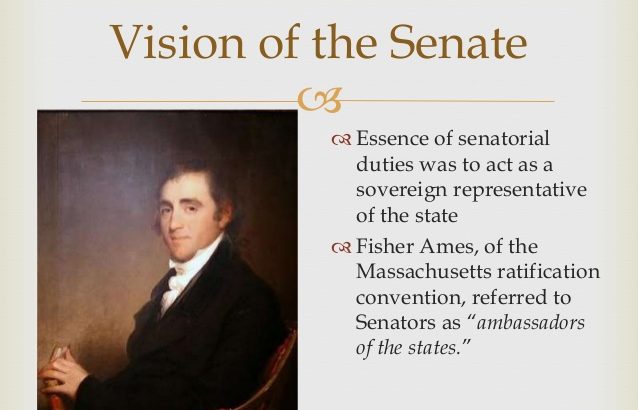There is a clamor among some today that the so-called “assault rifle” known as the AR-15 should be outlawed from private ownership as it is a “military-style” weapon and is not protected under the second amendment. Is this argument constitutional?
To begin with, the AR-15 is a single-shot rifle and is not a “military-style” weapon simply because cosmetically it resembles our military’s M-16 or fully automatic AK-47. But, that’s not the issue, constitutionally speaking.
To answer this question requires an understanding as to why the second amendment was added. Today’s anti-AR-15 gun-grabbers have absolutely no knowledge of the history of the second amendment or of the reason for which it was added.
Although having the right to be armed for self-protection was a consideration by the founders, a greater reason was for the protection of liberty from the rise of tyranny within the central government. Consider the words of two of our greatest founding fathers – James Madison and Thomas Jefferson.
Madison, the author of the Bill of Rights, wrote that “[Tyranny cannot be safe] without a standing army,…and a disarmed populace.” Jefferson concurred in a letter to Madison: “The strongest reason for people to retain the right to keep and bear arms is, as a last resort, to protect themselves against tyranny in government.”
The reason then, for the second amendment, is primarily to serve as a deterrent against the rise of tyranny within the federal government. Clearly, an AR-15 is not on the same level as an M-16 as a deterrent, but it is a sure better one than a bolt-action hunting rifle. As for the retort that such a position as this would allow for citizens to own bazookas, 50 caliber machine guns, flame throwers, etc., it is simply a reductio ad absurdum in an attempt to avoid giving a sound argument against the reason intended by our founders, namely, that we, as free citizens, have sufficient means to deter our government from usurping our liberties.
“Those that fail to learn the lessons of history are doomed to repeat it” – so goes the old adage. Read the history of just the past century – Nazi Germany, Communist Russia under Lenin and Stalin, China under Mao zedung, the Khmer Rouge of Cambodia’s “killing fields”, and many other murderous tyrannies, and you will find they all had one thing in common: they disarmed the populace as quickly and completely as possible.
After the tragic shooting at the Sandy Hook Elementary School, leftist Governor Cuomo of New York proclaimed “No one hunts with an assault rifle; no one needs ten bullets to kill a deer.” He’s right – no one does; but we do if we wish to deter anyone or group bent on using force to take away our unalienable rights and their attending liberties.
As Ayn Rand opined, “A government is the most dangerous threat to man’s rights: it holds a legal monopoly on the use of physical force against legally disarmed victims.” This is right on the mark as such was precisely the thinking of the founders behind the amendment.
-March 16, 2018









